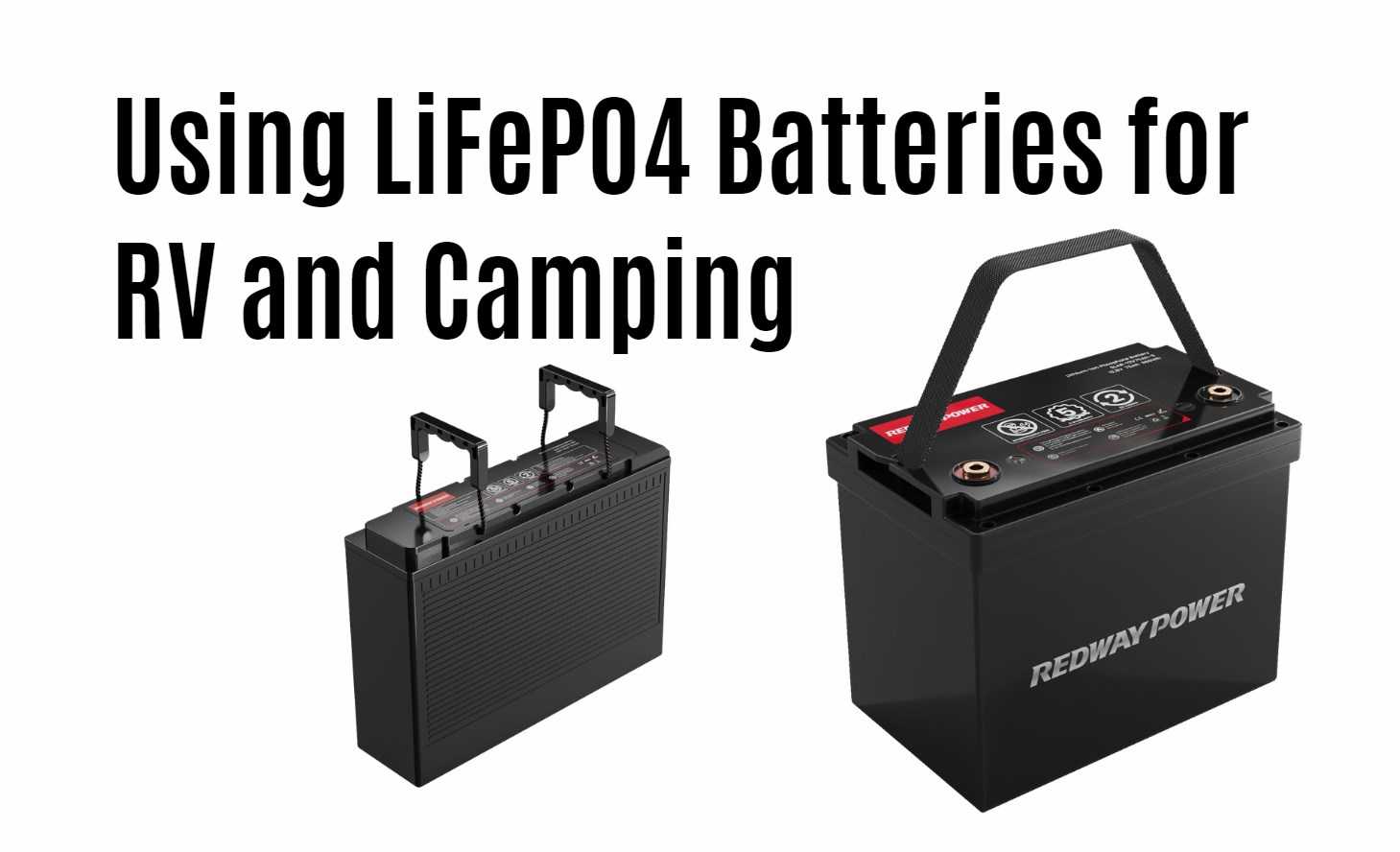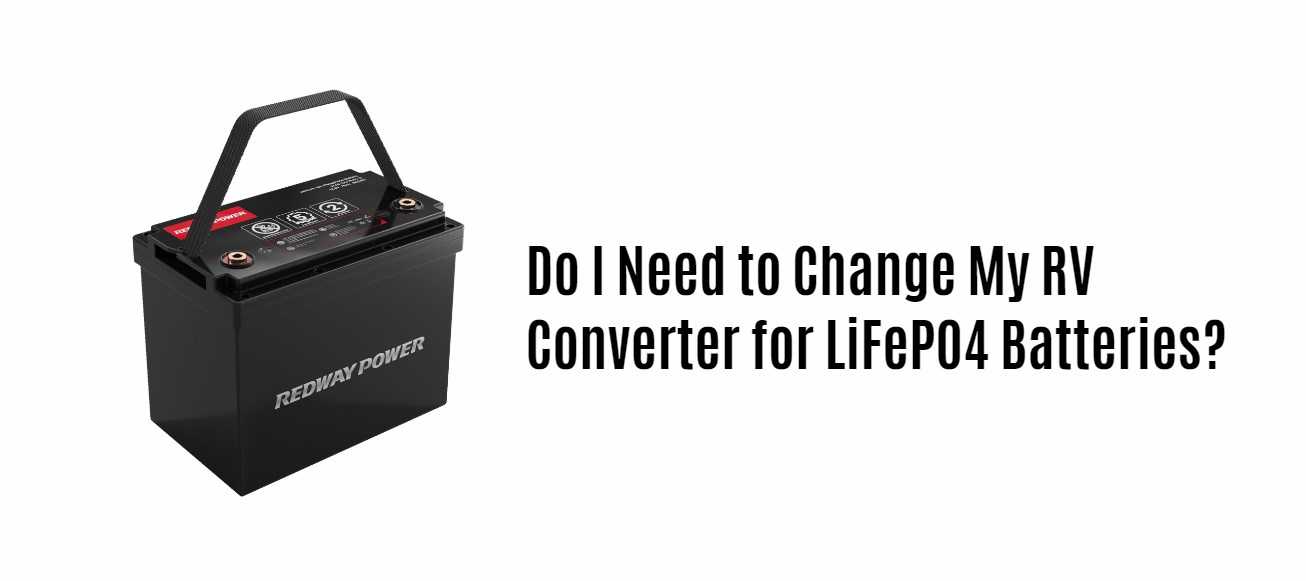Welcome to our in-depth guide on utilizing LiFePO4 batteries for RV and camping. LiFePO4, or Lithium Iron Phosphate batteries, have become a game-changer for outdoor enthusiasts, offering superior performance over traditional lead-acid batteries. In this article, we’ll explore the benefits of LiFePO4 batteries, considerations for RV converters, battery options, and charging tips to enhance your camping adventures.
Benefits of Using LiFePO4 Batteries for RV and Camping
LiFePO4 batteries provide several compelling advantages for powering RVs and camping equipment:
Long-lasting Power
LiFePO4 batteries offer extended runtime, ensuring continuous power during your travels. Their high energy density allows for more stored power in a lighter package compared to lead-acid batteries.
Lightweight Design
Significantly lighter than lead-acid batteries, LiFePO4 batteries reduce the overall weight of your RV setup, improving portability and ease of handling.
High Energy Density
With a higher energy density, LiFePO4 batteries maximize efficiency by storing more energy in a smaller footprint, freeing up valuable space in your RV or camper.
Long Cycle Life
These batteries can endure more charge and discharge cycles than traditional batteries, leading to a longer lifespan and reduced replacement frequency.
Fast Charging
LiFePO4 batteries charge quickly, minimizing downtime and allowing you to spend more time enjoying your camping experience rather than waiting for batteries to recharge.
Consistent Voltage Output
Maintaining a stable voltage throughout the discharge cycle ensures reliable operation of your electrical devices, enhancing overall performance and safety.
Built-in Safety Features
LiFePO4 batteries come equipped with safety mechanisms to prevent overheating, overcharging, and premature failure, ensuring a secure power source for your RV.
Low Self-Discharge Rate
Even when not in use, LiFePO4 batteries retain their charge for extended periods, making them convenient and reliable for sporadic use during camping trips.
Eco-Friendly
Compared to lead-acid batteries, LiFePO4 batteries are more environmentally friendly due to their non-toxic chemistry and longer lifespan, reducing waste and environmental impact.
Do I Need to Change My RV Converter for LiFePO4 Batteries?
When transitioning to LiFePO4 batteries, it’s essential to consider your RV converter’s compatibility and charging requirements:
Voltage Compatibility
LiFePO4 batteries typically operate at higher voltages (e.g., 12V, 24V, or 48V). Ensure your current converter can handle the higher voltage output to avoid inefficiencies or damage.
Charging Profile
LiFePO4 batteries require specific charging profiles (e.g., constant current, constant voltage) for optimal performance and longevity. Upgrading to a smart converter designed for lithium batteries is recommended to ensure efficient charging and battery health.
Smart Converters
Investing in a smart converter or inverter charger designed for LiFePO4 batteries allows for adaptive charging based on battery type, optimizing energy transfer and extending battery life. Consultation with an RV technician can provide insights into necessary modifications and ensure seamless integration with your RV’s electrical system.
Choosing the Right LiFePO4 Battery for Your RV
Selecting the appropriate LiFePO4 battery depends on your RV’s power needs and space considerations. Here are some popular options to consider:
Battery Options
- Battle Born LiFePO4 Deep Cycle Lithium Battery: Known for its built-in BMS and reliability in RV applications.
- Renogy Lithium 12V Smart Battery: Lightweight and parallel-compatible, suitable for diverse RV setups.
- ExpertPower 12V Lithium Deep Cycle Battery: Offers a lightweight design ideal for enhancing RV mobility.
- Li Time 12V 100Ah Lithium Battery: Basic yet efficient, providing reliable performance for standard RV power requirements.
Ensure compatibility with your RV’s existing electrical system, particularly if multiple batteries are required for increased capacity.
Do I Need a Special Charger for LiFePO4 Batteries?
While LiFePO4 batteries do not necessitate a specialized charger, they benefit from a lithium-ion battery charger that aligns with their voltage requirements. Following manufacturer guidelines for charging ensures efficiency and protects battery health, extending their operational lifespan.
By leveraging the advantages of LiFePO4 batteries and making informed choices about converters and chargers, you can significantly enhance your RV and camping experiences. For more information on selecting the right LiFePO4 batteries for your needs, feel free to contact us. Redway Battery is here to guide you through the process and provide the best solutions for your energy storage needs during your outdoor adventures.

Related Posts
- Which type of battery is best suited for RV campers? 12v 24v or 48v?
- What is the most common RV battery? 12v 24v or 48v?
- Utilizing Lithium-Ion Batteries for RV and Camping: A Comprehensive Guide
- LiFePO4 batteries for an RV, all things you need to know
- Benefits of Lithium-Ion Batteries for RVs and Camping
- 48V LiFePO4 Battery – Advantages, Disadvantages, and Applications




